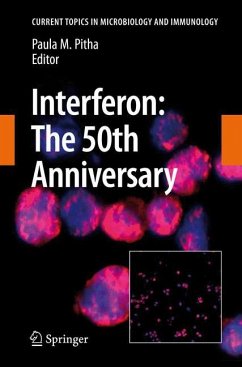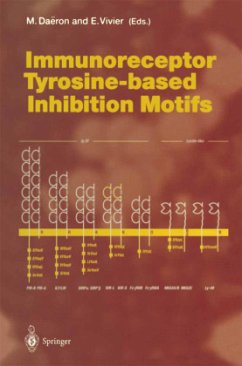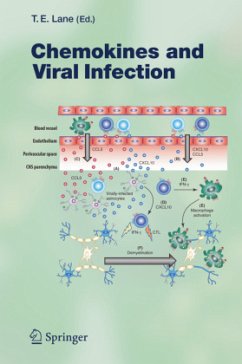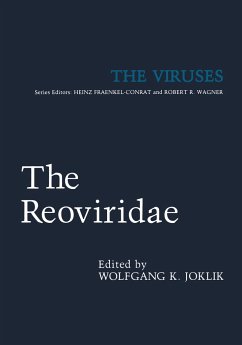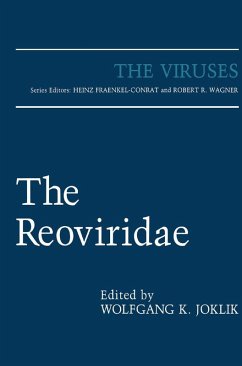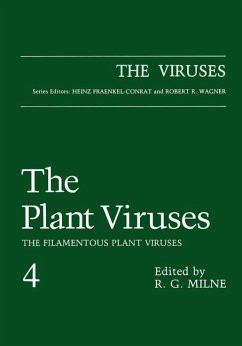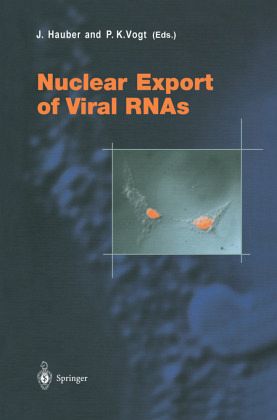
Nuclear Export of Viral RNAs

PAYBACK Punkte
39 °P sammeln!
In eukaryotic cells, the nuclear genome and its transcriptional apparatus is separated from the site of protein synthesis by the nuclear envelope. Thus, a constant flow of proteins and nucleic acids has to cross the nuclear envelope in both directions. This transport in and out of the nucleus is mediated by nuclear pore complexes (NPCs) and occurs in an energy and signal-dependent manner. Thus, nucleocytoplasmic translocation of macro molecules across the nuclear envelope appears to be a highly specific and regulated process. Viruses that replicate their genome in the cell nucleus are therefor...
In eukaryotic cells, the nuclear genome and its transcriptional apparatus is separated from the site of protein synthesis by the nuclear envelope. Thus, a constant flow of proteins and nucleic acids has to cross the nuclear envelope in both directions. This transport in and out of the nucleus is mediated by nuclear pore complexes (NPCs) and occurs in an energy and signal-dependent manner. Thus, nucleocytoplasmic translocation of macro molecules across the nuclear envelope appears to be a highly specific and regulated process. Viruses that replicate their genome in the cell nucleus are therefore forced to develop efficient ways to deal with the intracellulZlr host cell transport machinery. Historically, investigation of Polyomavirus replication allowed identification ofsequences that mediate nuclear import, which led subsequently to our detailed understanding of the cellular factors that are involved in nuclear import. Transport ofmacromolecules in the opposite direction, however,is less well understood. The investigation of retroviral gene expression in recent years pro vided the first insights into the cellular mechanisms that regulate nuclear export. In particular, the detailed dissection of the function of the human immunodeficiency virus type I (HIV-I) Rev trans-activator protein identified CRMI, as a hona fide nuclear export receptor. CRM I appears to be involved in the nucleocytoplasmic translocation of the vast majority of viral and cellular proteins that have subsequently been found to contain a Rev-type leucine-rich nuclear export signal (NES).





